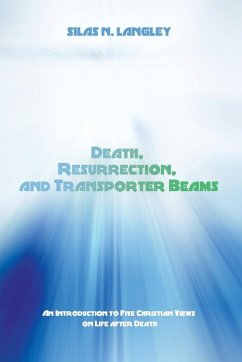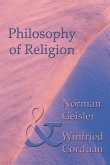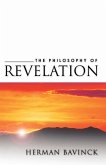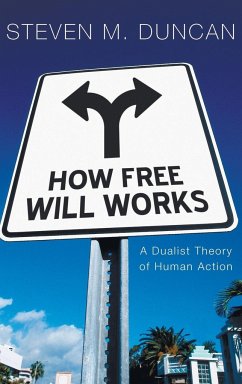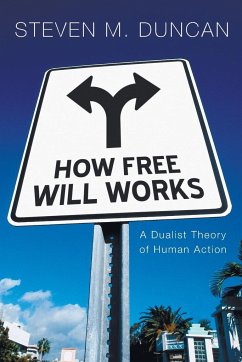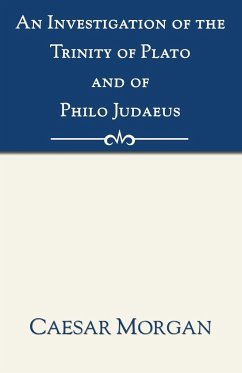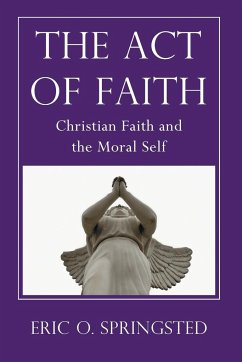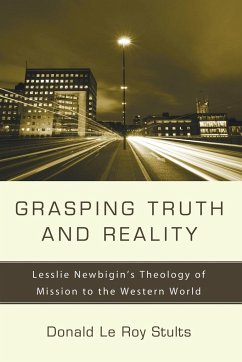What has Star Trek to do with eternal life? It provides the perfect metaphor for understanding the main Christian views concerning what happens to us when we die. In this book, Silas Langley uses the Star Trek transporter beam to explain five main Christian views about life after death. Each of us lives with some personal answer to the universal question of what comes after death. Even among Christians, views differ as to what exactly happens when we die. Meanwhile, the modern secular world increasingly challenges the possibility of life after death. How can we live again after we die if much of science and philosophy suggests that all that we are dies with our bodies? This book shows how each of these views responds to these challenges. Death, Resurrection, and Transporter Beams sorts out these disagreements and their biblical grounding. These differences matter, since they bear on who we are and how we are to live our lives. Readers will come away with a clearer understanding of their own beliefs on this topic, and with tools to enter into dialogue with people whose beliefs differ.
Hinweis: Dieser Artikel kann nur an eine deutsche Lieferadresse ausgeliefert werden.
Hinweis: Dieser Artikel kann nur an eine deutsche Lieferadresse ausgeliefert werden.

